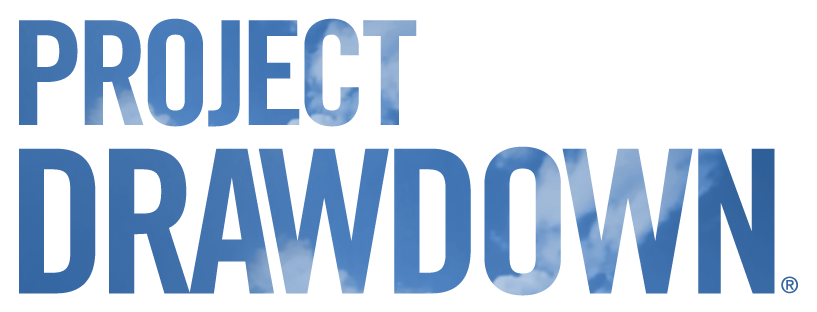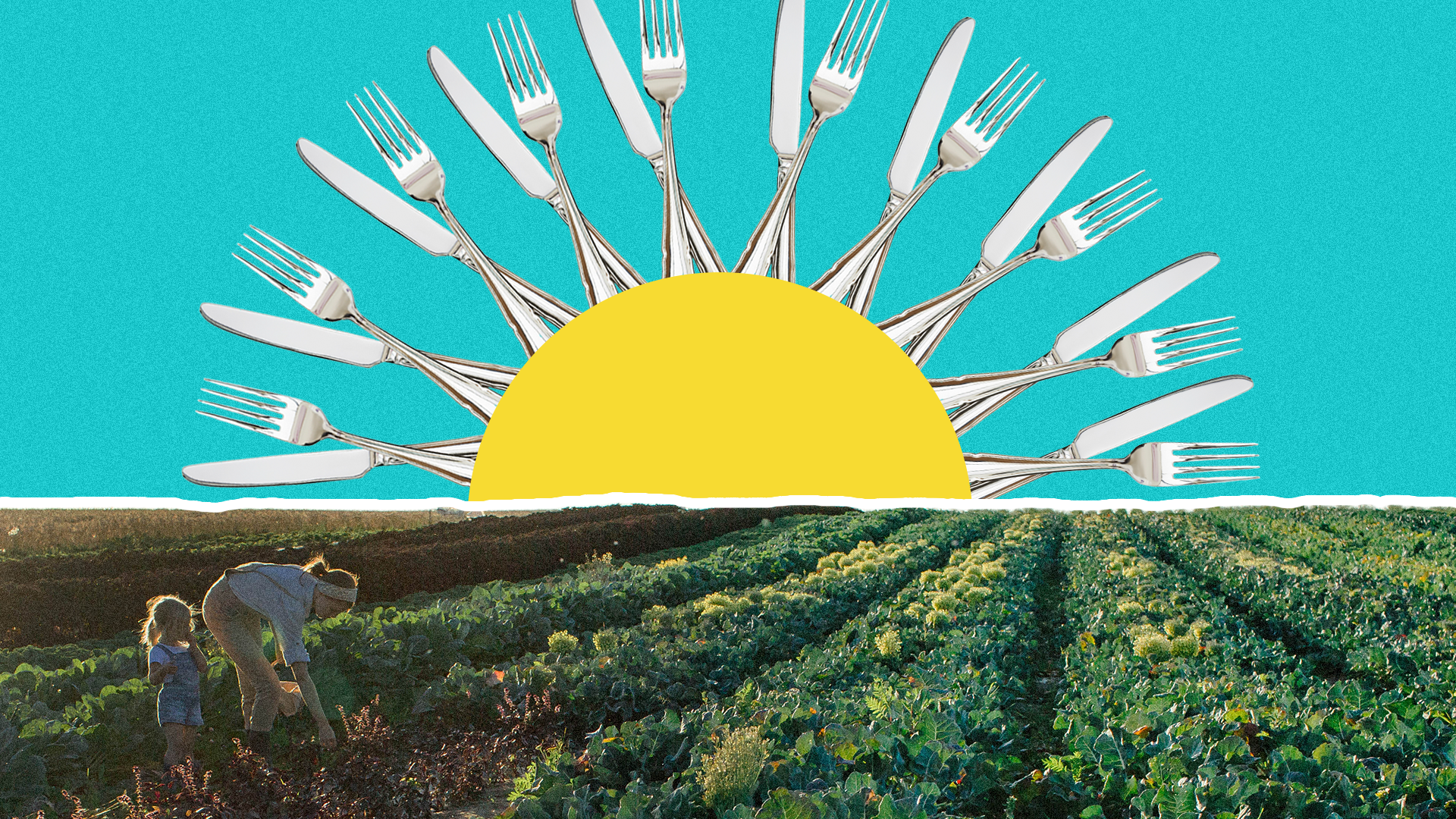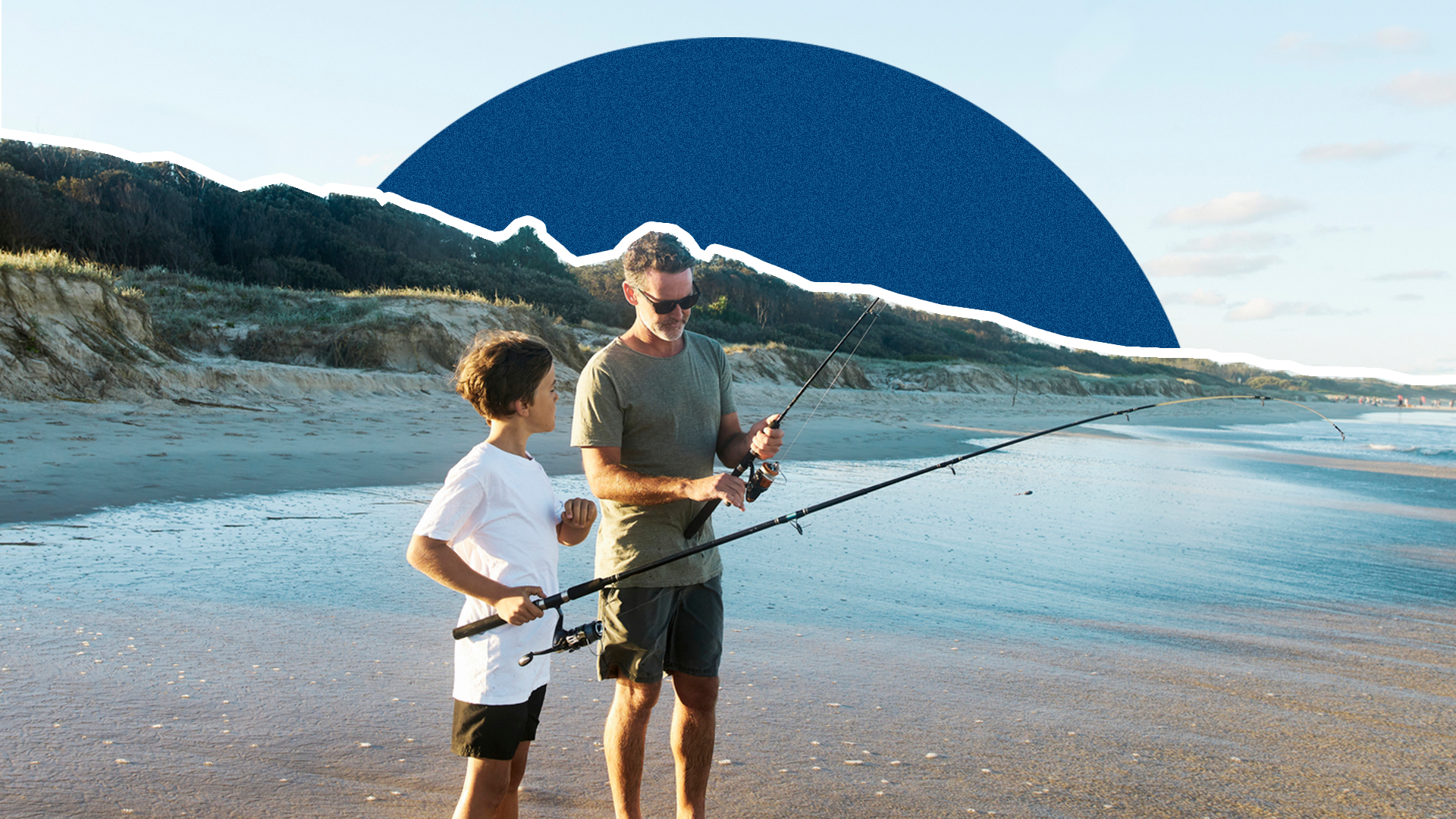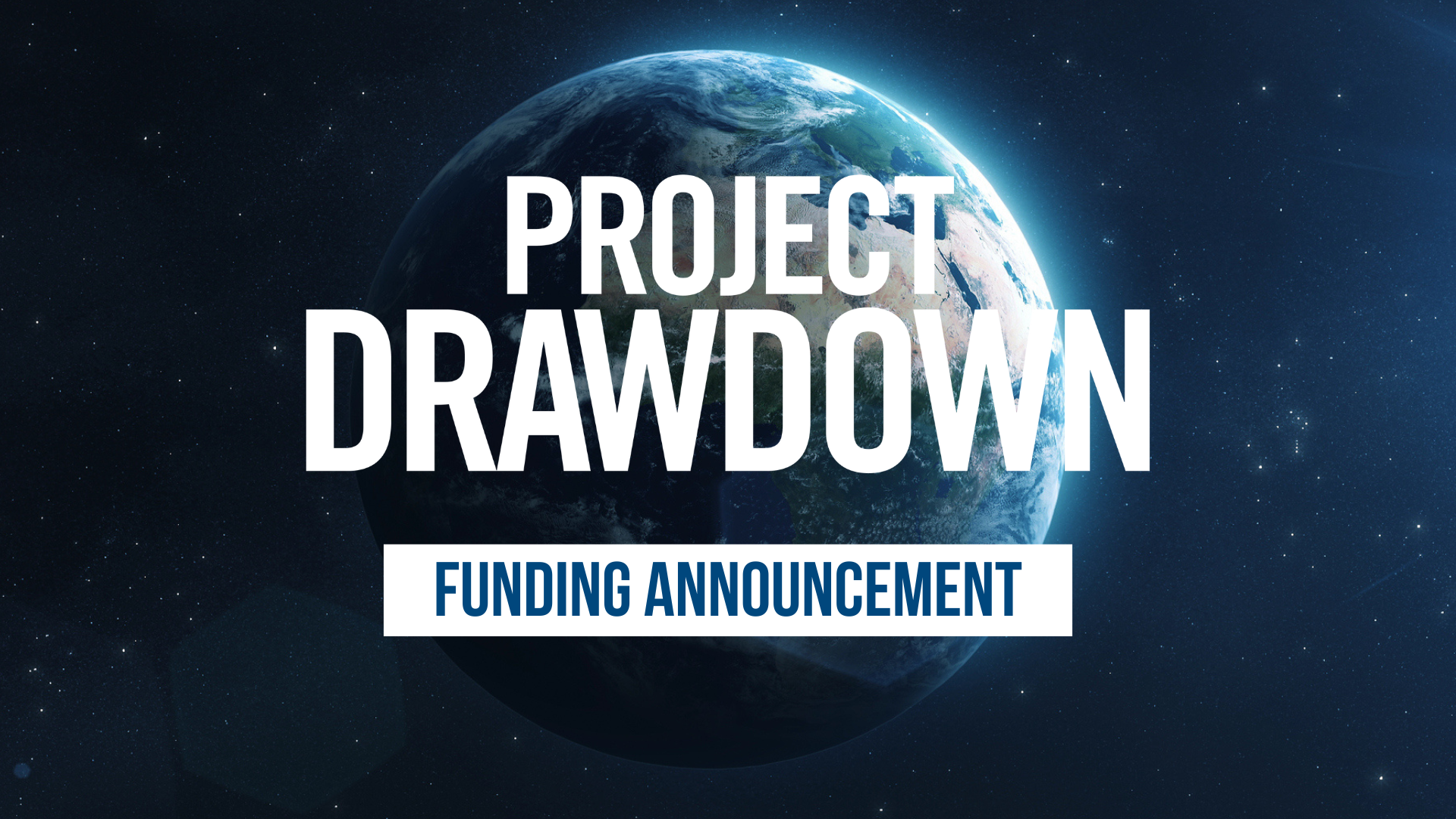Drawdown Science profile: James Gerber
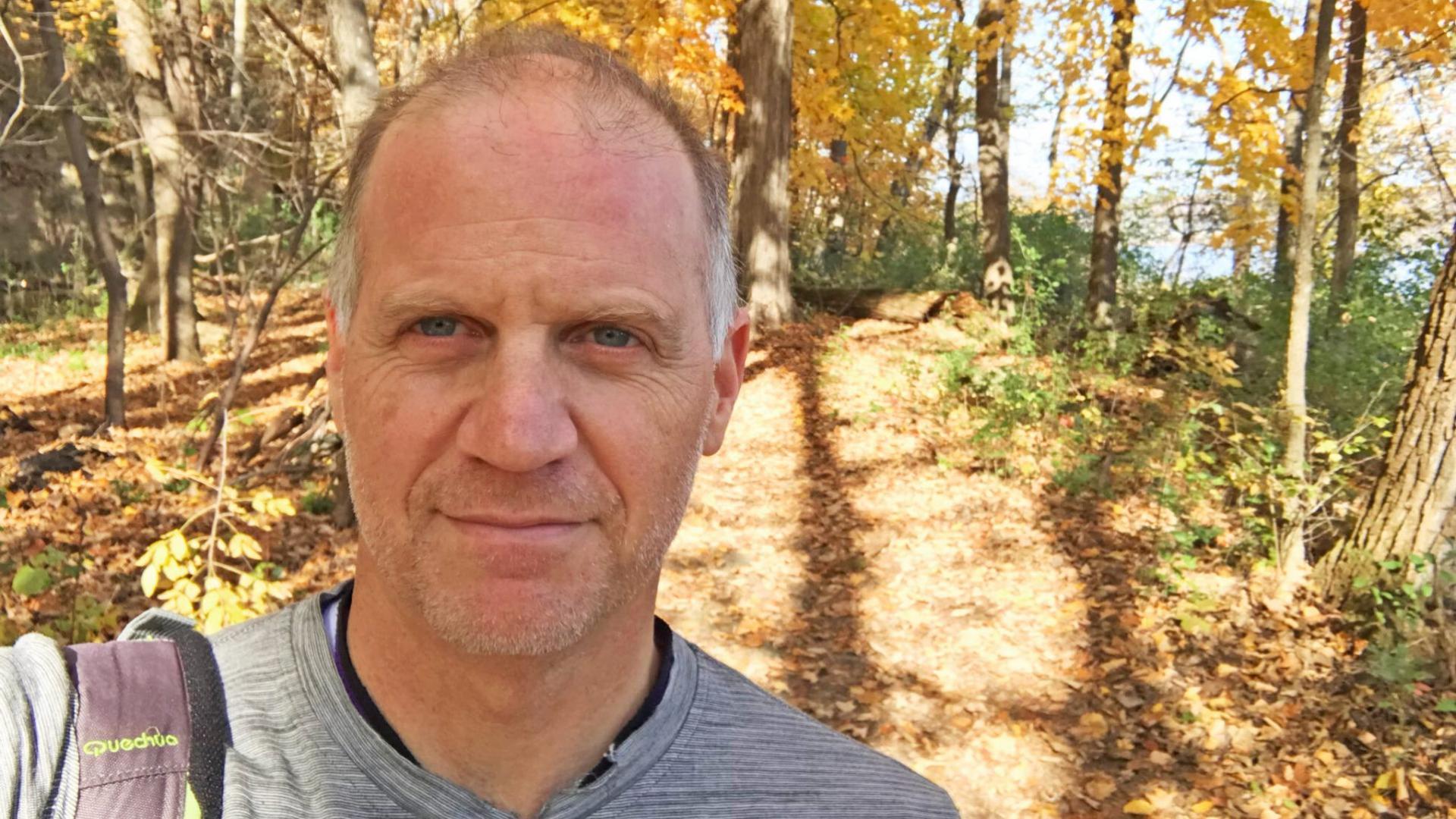
This article is the third in a series introducing the members of Project Drawdown’s new science team.
James Gerber is a data scientist with expertise in agriculture, impacts of land use on the environment, modeling of crop yields, and ocean wave energy. He uses various analytic techniques to assess the effect of climate mitigation solutions in the land use sector.
As a researcher with the Institute on the Environment at the University of Minnesota, James studied connections among agriculture, ecosystems, climate, and food security. He was a lead author for the Sixth Assessment Report of the International Panel on Climate Change (IPCC) and has consulted on a wide variety of projects for nongovernmental organizations, including The Nature Conservancy, The Packard Foundation, and The World Bank.
Before he started researching land use, James worked on optimizing conversion of wave energy to electricity. He holds a Ph.D. in physics from the University of California, Santa Cruz.
Here, James explains how he got from wave physics to climate change mitigation, trash talks American drivers, avoids sharing his favorite drawdown solution, and nails the answer to the most important question ever asked.
Q: When people ask what you do with Project Drawdown, what do you tell them?
A: I haven't been here very long, so my answer is based on what I think I’ll be doing and why I was so excited to get this job. Project Drawdown is really focused on making solutions happen. For the last 13 years I’ve been in a somewhat academic world defining what problems are in the land use sector, particularly with agriculture, and showing how big the impact is and looking at what some solutions could look like and what sectors and regions they could be most effective in, but those were not necessarily actionable. What I’m excited about at Project Drawdown is taking the next step and helping to formulate those solutions in a way they can really easily be implemented to achieve climate and other goals at the same time.
Q: What do you see as the biggest obstacles to solving climate change?
A: In some ways people don’t realize how doable it is. There are so many things out there that are win-wins and will pay for themselves and have all sorts of good co-benefits, and people aren’t aware of that. So a lack of knowledge, and maybe a little bit of pessimism that goes along with that. Also, there are often vested interests in keeping things the way they are. There’s no lobby for industries that don't yet exist, but there are lobbies for things that society might want to sunset. So there’s this knowledge problem and there’s this momentum problem as well.
Q: What’s your superpower?
A: I feel like I'm a pretty good programmer, in that I think I come up with clever algorithms to solve data analysis issues.
Q: What is the best (or worst) experience you’ve had that involved a bicycle?
A: I did my junior year in southern France. I was super poor, so I took a bicycle out of the trash and started biking around. I was pulling on the handlebars and peddling, and all of a sudden one handlebar fell off. I turned into traffic next to me and fell over—I thought I was going to be squashed. In America I might have been, but French drivers are really good. This guy slammed on his brakes and did not hit me.
Q: What was the subject of your Ph.D. dissertation?
A: Acoustic propagation through internal waves in the ocean.
Q: And how did you get from there to here?
A: I did my postdoctoral work on wave theory in Paris, then we moved for my wife’s job to Princeton. I was offered a postdoctoral position at Princeton in Environmental Science, and I was offered a job at a small startup doing ocean wave energy. I felt the world did not need another postdoc but I could make a difference with wave energy so I took the job in renewable energy. Later, when we moved to Minnesota, I wanted to stay in an environmental field so I took a position at the Institute on the Environment at the intersection of environment and agriculture. Moving to Project Drawdown is a logical next step in the trajectory of my career from siloed technical work to impact-focused and policy-relevant. I really think I can have an impact here.
Q: What’s your favorite Drawdown Solution and why?
A: It’s hard to choose a favorite. It’s like asking which is my favorite child. Can I get back to you on that one?
Q: Speaking of favorite children, any advice for parenting young adults?
A: Find a balance between having the current and future versions of your child angry at you.
Q: What gives you hope?
A: The fact that even though there is pessimism out there, we’re really making progress as a society and I think the word is getting out there. There are all sorts of examples of entities that have decreased their carbon footprint while improving quality of life. There are so many technologies that are coming online right now. Miracles are not needed; we just need to implement what we have. Together, these give me hope.
Q: What is the answer to life, the universe, and everything?
A: 42. Come on.
Press Contacts
If you are a journalist and would like to republish Project Drawdown content, please contact press@drawdown.org.
